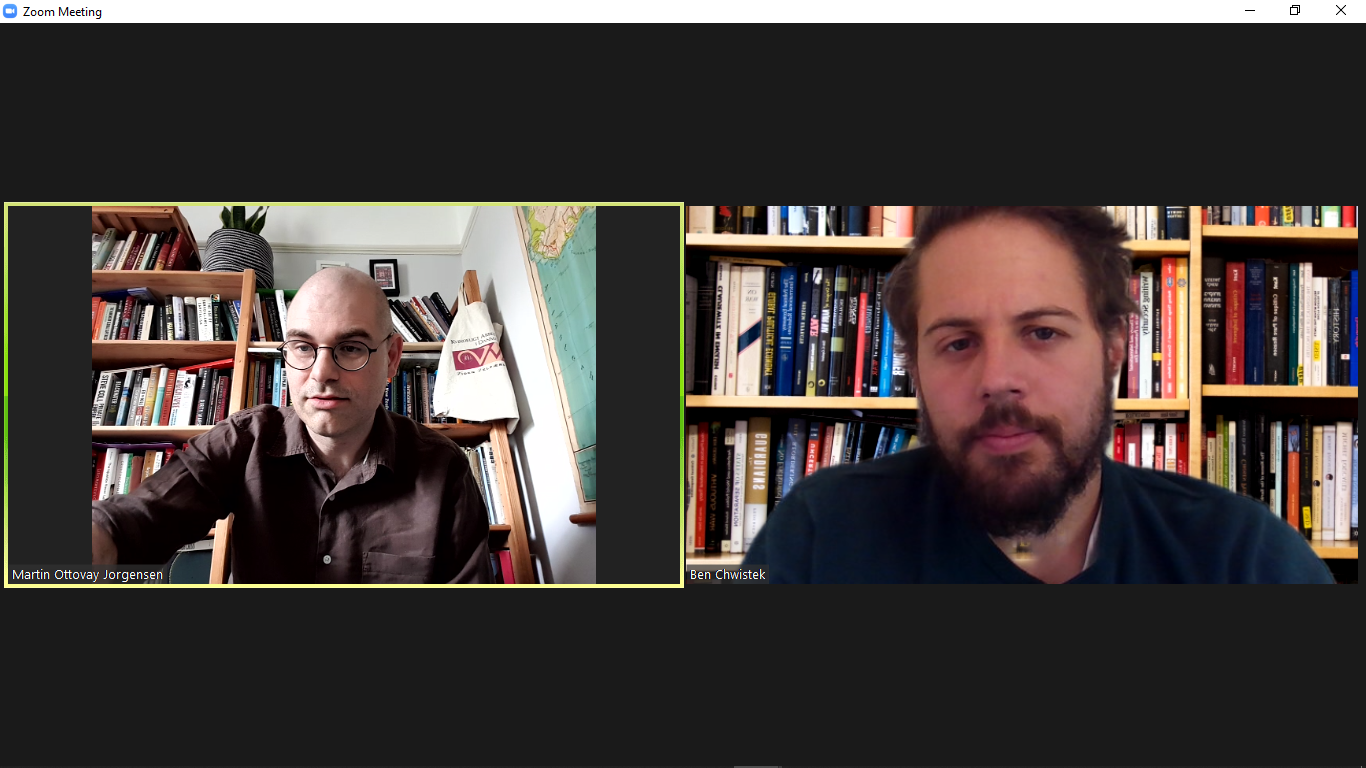
History at a crossroads
What is history? What does history mean? How does history impact the present? How does history help or hinder us in achieving progress? Is there even such a thing as progress in history? Are statues of slave-owners a part of history to be left alone, or a symbol of oppression in the present? Or both?
History always requires grappling with huge questions. History, when at a crossroads in history, requires a reassessment of our discipline as well as our understanding of the past and its role in the present.
History, struggle, and statues
History is, just as historical monuments are, not a fixed and permanent thing to be seen or understood. The same goes for history on our multiple screens, our museums, in our educational institutions etc. History is, and has always been, a site of struggle. It is, at its essence, a diverse art of storytelling about the past with which all people and communities engage. People tell stories that are relevant to them, and that resonates in the present. Those stories change as the present changes, and as history changes. They change as relationships of power change. They change as people, societies, and cultures change. The past, all the while, stays the same.
There have been calls to leave statues in place because they’re a part of history. To say, “but it’s a part of history” is precisely why these are legitimate sites of struggle. To say it’s in the past would mean that it is no longer a part of the present. Yet, who has the right to decide? All these questions are both difficult and important. History cannot be simple. It has to reflective, dialogue-oriented and bring new perspectives.
Our history programme
At City Lit, our history programme changes every year. We constantly seek to offer innovative, challenging, and relevant courses for history: history for today, tomorrow and the future. We teach students from a range of backgrounds, experiences, and histories and our classes are spaces for open, frank, and honest discussions about history.
Studying the discipline of history
If you are interested in approaching the bigger questions about history, you may be interested in our advanced history course, Ways into advanced historical study. Taught by Dr Benjamin Chwistek and Dr Martin Jorgensen, the course explores the art and discipline of history as it stands in 2020. It then explores world history, history as a democratic practice, British history, and an individualised historical research project for each student, i.e. a university application, a teaching plan, a blog piece, a historical walk, a poster etc.
Study History at City Lit
Whether you’re fascinated by the past, wishing to keep up to date with current affairs, or to develop a deeper understanding of democracy and capitalism, we have the course for you.











